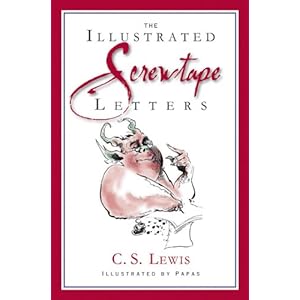In “the” course I am co-teaching this semester (there are three sections of the class for a total of 57 students), we have investigated the topic of higher education, it’s purpose, it’s past, present and future manifestations and what it takes to dance with the beast.
Out of the need for a text, we came upon Peter Milward’s  What is a University? Being a literature scholar and a Jesuit, Milward focuses not simply of the need for a university to transmit knowledge but also to cultivate critical thinking and a love for it.
What is a University? Being a literature scholar and a Jesuit, Milward focuses not simply of the need for a university to transmit knowledge but also to cultivate critical thinking and a love for it.
At first I was not all than enamored with the book. We had selected it because of it’s title and short chapters, but it refers to lots of dead white guys and as we are teaching to international students with rhetorical, cultural and religious backgrounds that differ and are sometimes in political conflict with those of the US, we almost did not assign it. In the end, we went with it.
Milward’s writing style reminds me of that of one the writers he himself writes about: the Christian apologetic C.S. Lewis. I never read the Narnia series as a kid and pretty much stayed away from it intentionally as a young adult because I viewed it as  Christian propaganda. Instead, I read the Screwtape Letters, looking
Christian propaganda. Instead, I read the Screwtape Letters, looking
for a way to craft my own argument against Lewis, but instead I was seduced by Lewis’ logic and word craft. I was never swayed by his argument to give up my own Unitarian convictions, but I had to admire his linguistic craftsmenship, and it did allow me to see the “modern” Christian perspective with greater clarity and respect. I certainly had to admire the passion and wonder he presents for his views.
And that is what I have come to respect about Milward. When he writes about the modern university, he conjures up all the classic figures who helped create the western university with its focus on the liberal arts and general scientific inquiry. One gets caught up in his “witness list” and feels compelled to follow along with at least his argument, if not his perspective.
In the fifth chapter of What is a University? Milward discusses the idea of knowledge: it’s origins in human existence and its place in a university education. In this chapter he argues that knowledge is the state of engaged wonder with information. It is the condition of always wanting to know more, of questioning, of intellectual curiosity not information acquisition and saturation. It’s the condition you find yourself in when you are doing what you love, be it a hobby, a job, a service to family, friends or community. It’s something you do no matter what.
This got me to thinking, “What do I do not matter what the cost or lack of payoff?” Do I do it because I am obliged to? Do I do it because I am compelled to? Sometimes the two motivations intersect, and sometimes I do things strictly because of obligation, and sometimes, though sadly rarely, because compulsion — joyful compulsion, something more like happy seduction. The sad truth is that I can probably count the times on my hands when I did something simply for the mirth and joy of doing it — running on the beach like a puppy, setting the dinner table with wine and candles just for me, charging across a meadow on the back of a horse with no saddle and no bridle.
This in drew me to think about what I do with my time and focus … what do I want to do with my time and focus. I want to dwell on the things that compel me to joy and the things that oblige me to joy. I want to make more conscious choices to engage in the things that I am passionate about and leave me with a sense of wonder.
If it took a Jesuit and a Christian apologetic to get me to this point, so be it.

No Comments so far ↓
There are no comments yet...Kick things off by filling out the form below.